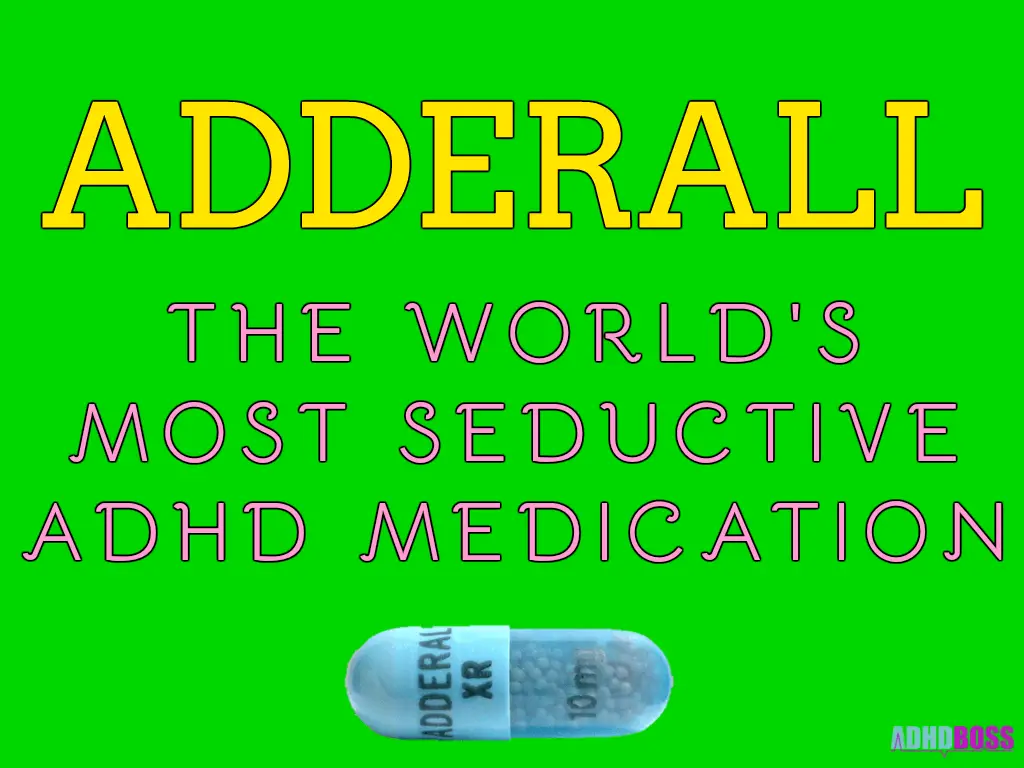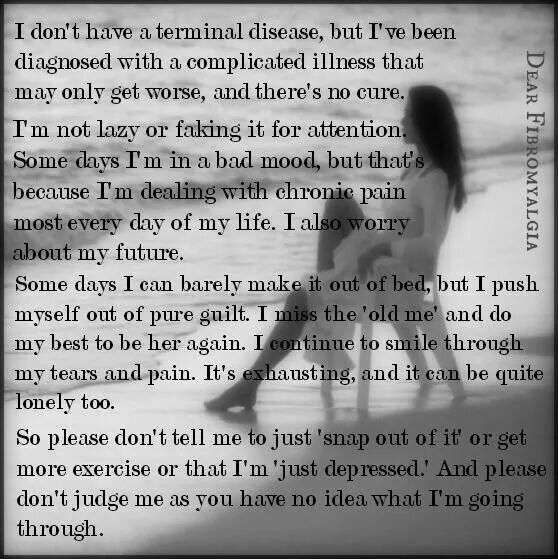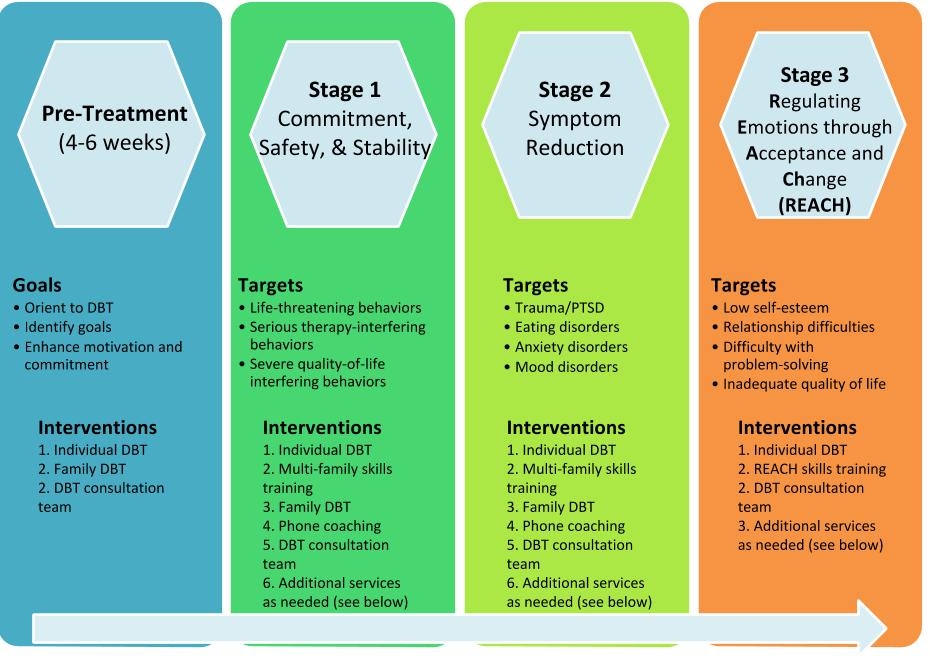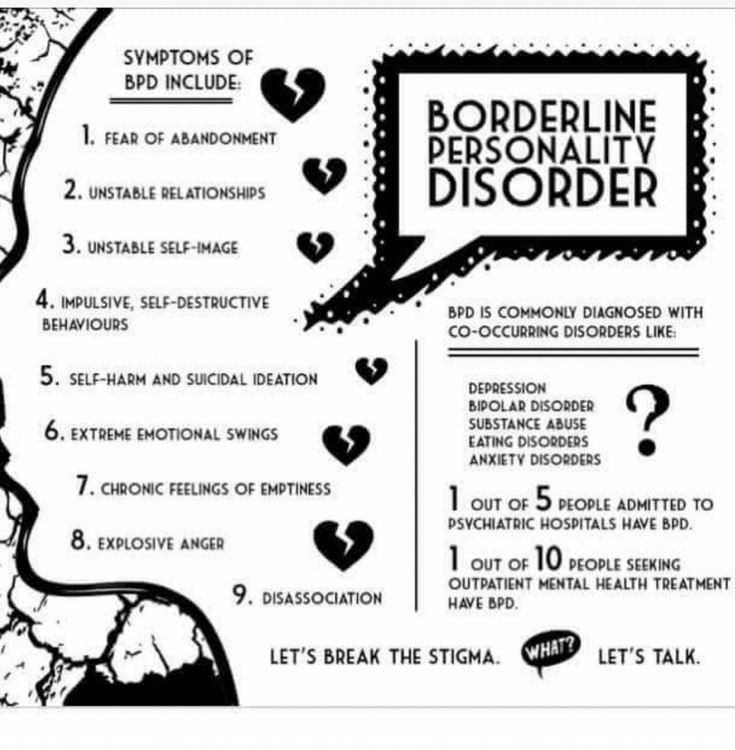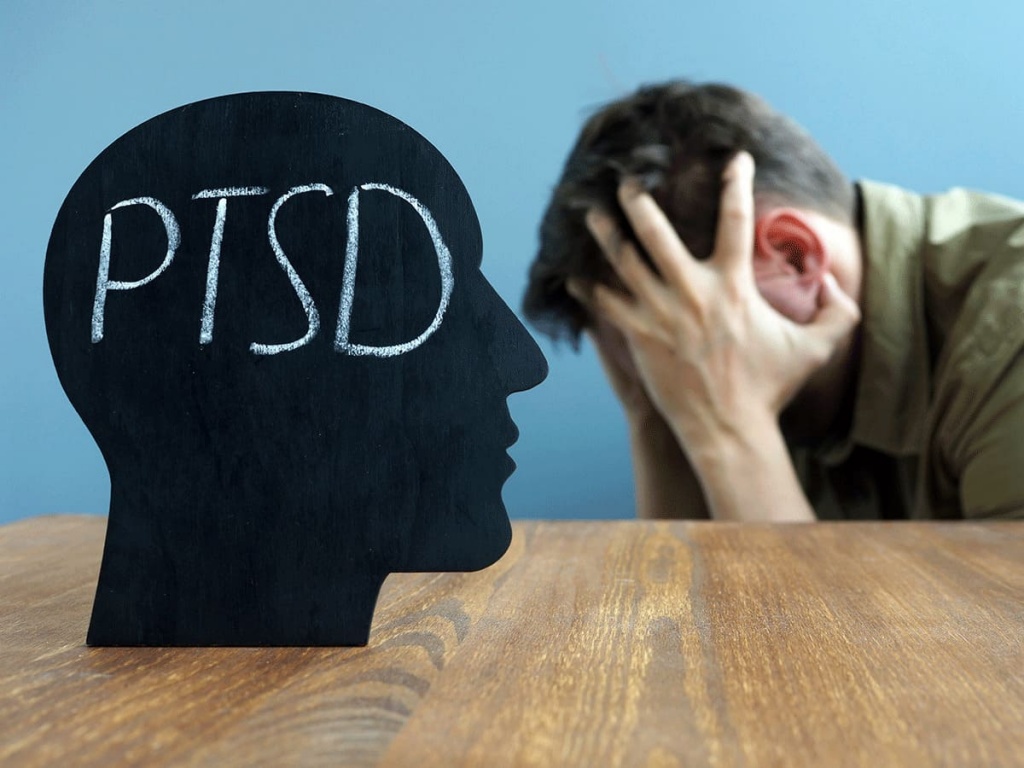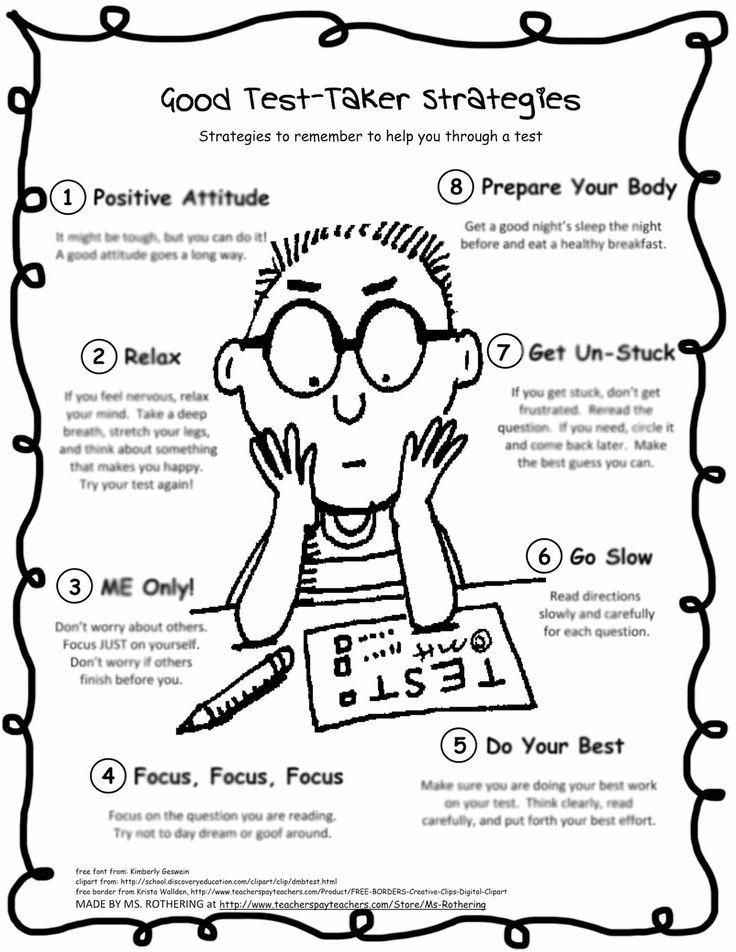Adhd and shame
ADHD and the Epidemic of Shame
A woman stares out the window and tries to overcome her ADHD shame.1 of 13
Shame Is Not Guilt
Shame is one of the oldest known English words that originally meant to “hide or cover up.” As such, shame is the hardest thing to deal with since it tends to be hidden and never addressed. Feeling shame is different than feeling guilt. Guilt focuses on what one has done. Shame focuses on who one is.
A woman with ADHD and shame sits on the stairs.2 of 13
Feeling Separate and Unequal
For people with ADHD, shame arises from the repeated failure to meet expectations from parents, teachers, friends, bosses, and the world. It is estimated that those with ADHD receive 20,000 corrective or negative messages by age 10. They view themselves as fundamentally different and flawed. They are not like other people.
A woman criticizes a man with ADHD, which makes him feel shame.3 of 13
Feeling Bad About Oneself
It is especially painful when well-meaning people in an individual's life point out that he has failed or fallen short. People with ADHD are accused, directly or through implication, of being lazy or willfully disobedient—as if they set out to fail. It’s hard not to feel bad about yourself. In fact, one expert believes that “low self-esteem” should be one of the criteria for diagnosing ADHD in adults.
[Get This Free Download: Rein In Intense ADHD Emotions]
A man who is ashamed of his ADHD covers that feeling with rage at the world.4 of 13
Anger for Those Who Criticize
People with ADHD who feel shame tend to withdraw into themselves — or hide behind a rage at the perceived source of the negativity. This may explain why people with ADHD fear letting others get to know them intimately or to see how they live. Individuals with ADHD harbor two horrible secrets: Their future is uncontrolled and uncontrollable and life can inflict wounding shame just as easily as it engenders success.
5 of 13
Problems with Trying to Be Perfect
Shame causes many people with ADHD to try to be perfect. A person thinks: “If I look and do everything perfectly, I can avoid shame.” A person with ADHD who holds this belief is constantly evaluating everyone in their lives—friends, family, children—to see what they approve of and value, and gives it back to them. The person with ADHD forgets what he genuinely wants from his own life.
Constant feelings of shame and failure can make a person with ADHD raise the white flag, or to give up.6 of 13
Just Giving Up
Many people who feel shame stop trying to do things — at work and at home — unless they are assured in advance of quick, complete, and easy success. They do not have the ability to sustain effort for long if they are not succeeding completely. This is often misinterpreted as laziness, leading the person to feel more shame and more misunderstood.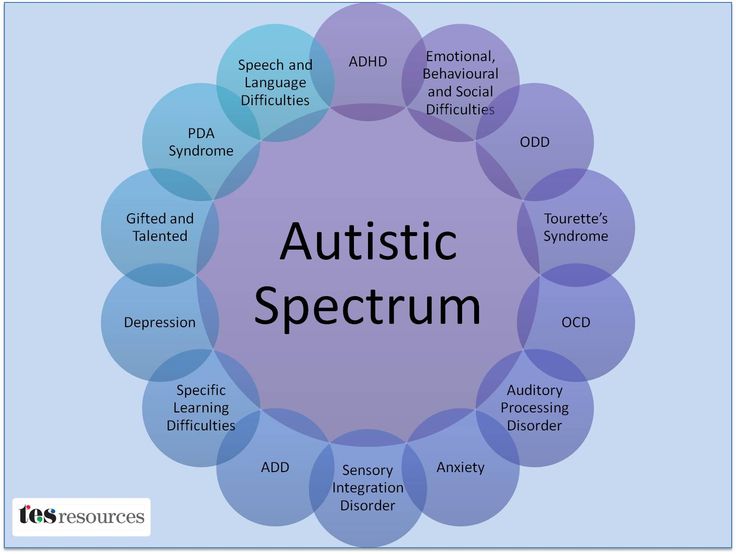 This is one reason video games are so popular. If you fail, only you know. You reboot and move on, as if nothing happened.
This is one reason video games are so popular. If you fail, only you know. You reboot and move on, as if nothing happened.
7 of 13
Shying Away from Help
Shame gets in the way of asking for help — for both adults and kids with ADHD. For many people with ADHD, telling a doctor about their failures and asking to receive medication to help them succeed is unthinkable. They have tried everything, and it hasn’t worked. Many children would rather flunk than ask the teacher for help. This is why many parents feel blindsided when they discover how badly their child is doing in school. Their child didn’t tell them because it was so shameful to admit it.
[Click to Read: “Perfect Is a Myth” — and Other Self-Esteem Boosters]
Two women with ADHD point fingers at each other. It’s easier to place blame than face shame head on.8 of 13
Blaming Others
Many equate blaming someone else for their failures with fixing the problem that caused them to feel shame.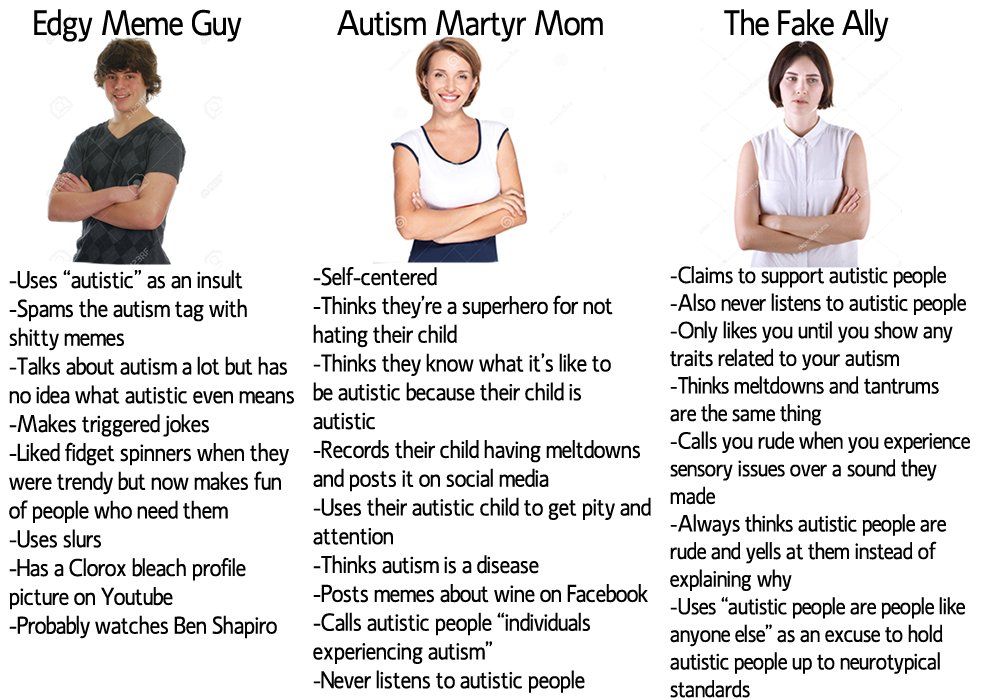 Once they have found someone to blame, they wash their hands of responsibility and accountability for correcting the mistake. The goal of breaking the cycle of shame is to adopt financier George Soros’ view: “There is no shame in being wrong, only in failing to correct our mistakes.”
Once they have found someone to blame, they wash their hands of responsibility and accountability for correcting the mistake. The goal of breaking the cycle of shame is to adopt financier George Soros’ view: “There is no shame in being wrong, only in failing to correct our mistakes.”
9 of 13
Laugh the Shame Away
Humor is one of the best weapons against shame. Laughing at a situation that has gone wrong or a mistake you have made brings more self-acceptance and softens the often-harsh attitudes he developed about himself in childhood. Humor takes away shame’s power over us.
A woman with ADHD gives herself a hug, fighting shame with self-acceptance.10 of 13
Accept Yourself—Warts and All
Though people who feel ashamed are intensely focused on how the outside world sees them, the first step in combatting it is self-acceptance. Unless a person with ADHD is able to accept and value herself, even though she is not perfect, she can’t really believe that others can love her just as she is.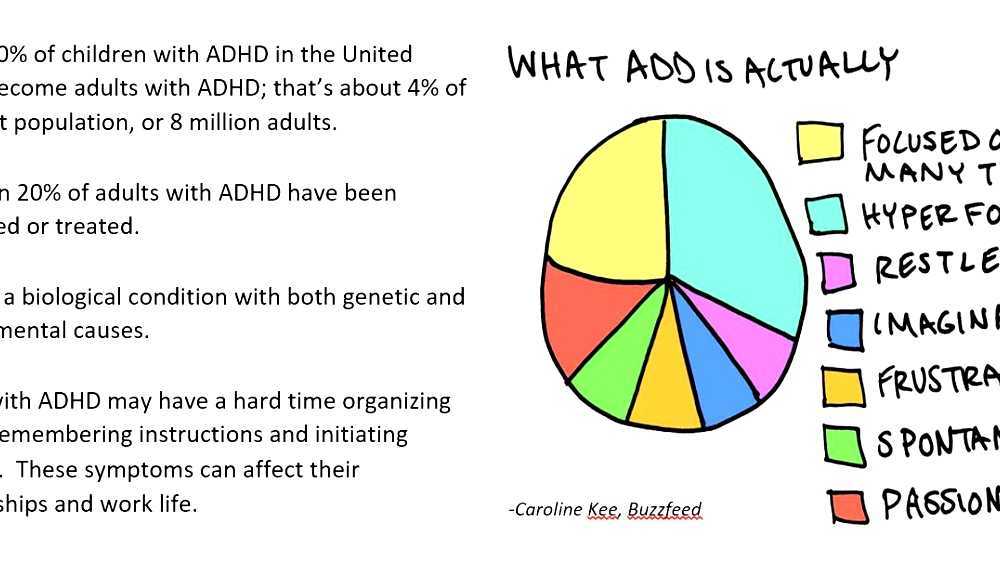
11 of 13
Find a Cheerleader
Having someone — a friend, neighbor, coach, or grandparent — who accepts and loves a child or adult with ADHD, despite his faults and shortcomings, is vital in overcoming shame. This is the opposite of perfectionism, in which approval is contingent on what the person has done lately. The accepting person acts as a vessel that holds the memory of you as a good and valuable person, even when things go wrong.
An ADHD support group plays tug of war in a field.12 of 13
Strength in Numbers
An ADHD support group can be a welcome island for a person with ADHD. Finally, the person is understood. The other people in the group have been in his shoes and know the shame of failure and being different. The group sees the person as he is and corrects the distortions that result from hiding in an inner world of shame. What’s more, self-help groups set ADHD-specific goals that are more realistic and loving.
What’s more, self-help groups set ADHD-specific goals that are more realistic and loving.
13 of 13
Uncover the Truth
A doctor and therapist need to be vigilant for signs of shame because most people with ADHD hide it from the world. It is key to proper diagnosis and successful therapy that therapist and patient are aware of the emotional intensity that is part of the patient’s life. A lot of patients attempt to hide this emotional component, fearful of being wounded further if the truth were known.
[Click to Read: Silence Your Harshest Critic — Yourself]
William Dodson, M.D., is a member of ADDitude's ADHD Specialist Panel.
Understanding & Managing Negative Emotions
Sorry, written on a bulletin board — shame can make people with ADHD feel like they constantly need to apologize.1 of 11
Shame and ADHD
Living with ADHD can feel like a constant stream of apologies: we’re sorry we’re late, sorry we lost our keys, sorry we can’t keep the house neat — no matter how hard we try. If you have ADHD — especially if you were diagnosed late in your life — these endless apologies and self-blame may have added up to a crippling sense of shame. If you won’t even look in your purse anymore because you’re tortured by how disorganized it is, you may have a problem controlling your shame.
If you have ADHD — especially if you were diagnosed late in your life — these endless apologies and self-blame may have added up to a crippling sense of shame. If you won’t even look in your purse anymore because you’re tortured by how disorganized it is, you may have a problem controlling your shame.
2 of 11
What Is Shame?
Shame is characterized by a constant sense of inadequacy and agonizing feelings of embarrassment and humiliation. You may even feel like you’re developing a secret life — you’re so ashamed of who you are or what you've done that you're certain you'll never pass for “normal.” Shame is arguably the most painful of all the symptoms associated with attention deficit disorder (ADHD or ADD). We carry it like a heavy anvil around our neck, telling ourselves, “I’m bad. I’m stupid. I’m just a loser.”
A woman with ADHD looks out the window and feels shame3 of 11
Consequences of Shame
Shame can lead to mood disorders, crippling anxiety, and in some cases, self-medication with drugs or alcohol — all of which can make it more difficult to solve problems and get out of the negative cycle. Shame can make you defensive, which can come across as anger — if you lash out at the people closest to you, you may push them away just when you need them most.
Shame can make you defensive, which can come across as anger — if you lash out at the people closest to you, you may push them away just when you need them most.
[Free Resource: Rein In Intense ADHD Emotions]
A woman with ADHD rests her head in her hands in shame.4 of 11
Confronting the Skeptics
Unfortunately, pockets of society still view ADHD as a moral deficiency, and individuals with ADHD as nothing more than lazy slackers. If you’ve heard the judgmental whispers all your life, it’s likely you’ve internalized them. When you look at your chaotic purse, you think, “My problem is that I lack discipline.” When you’re late to yet another meeting, you turn on yourself: “I’m a mess. I’m lazy. I’ll never get ahead.”
An illustration of an ADHD brain5 of 11
Getting Started: Break the Moral Diagnosis
In order to fully conquer shame, you simply can’t view it through this moral framework. Instead, start looking at your ADHD from a neurological perspective. ADHD is supported by real science — like MRIs and genetic studies — so don’t view it as a personal fault. Acknowledge that yes, the condition exists, but it doesn't have to be a weakness; it’s simply a matter of brain chemistry. It’s your challenge to overcome, and it’s up to you to decide how to face it.
Instead, start looking at your ADHD from a neurological perspective. ADHD is supported by real science — like MRIs and genetic studies — so don’t view it as a personal fault. Acknowledge that yes, the condition exists, but it doesn't have to be a weakness; it’s simply a matter of brain chemistry. It’s your challenge to overcome, and it’s up to you to decide how to face it.
6 of 11
Adopt a Strength-Based Approach
Embrace the positives that go with your ADHD, not just the negatives. Whenever you feel shame raise its ugly head, take a second to take stock of your talents and strengths. ADHD is characterized by creativity, initiative, persistence, originality, and more. Learn to recognize these traits in yourself, even at moments when it seems impossible. If you do the work to draw them out and strengthen them, you’ll better defend yourself against feelings of shame.
A woman with ADHD smiles in a meeting at work7 of 11
Expect Respect
People who are buried by shame sometimes let others walk all over them. You may be afraid to disagree with your boss, for example, out of fear that you’ll blurt out something stupid. But this is a self-fulfilling prophecy — if you don’t expect respect, people are unlikely to give it. When you learn to recognize your own strengths, instead of being held back by shame, you can set healthy limits to how people can treat you.
You may be afraid to disagree with your boss, for example, out of fear that you’ll blurt out something stupid. But this is a self-fulfilling prophecy — if you don’t expect respect, people are unlikely to give it. When you learn to recognize your own strengths, instead of being held back by shame, you can set healthy limits to how people can treat you.
[Silence Your Harshest Critic — Yourself]
A woman comforts her friend who is ashamed of her ADHD symptoms.8 of 11
Never Worry Alone
Don’t be afraid to enlist help, whether it’s from a therapist, a friend, or your spouse. Having people on your team who "get it" and are looking out for you can work wonders. To find a coach or a therapist, begin by looking in the ADDitude directory. Don’t let your location hold you back! Many therapists conduct Skype or phone sessions, and online support groups can give you a sense of community wherever you go.
A basket to put keys in by the door can prevent adults with ADHD from losing them.
9 of 11
Come Up with Anti-Shame Systems
Tackle your shame head on, directly targeting the issues that cause it. For example, if you feel ashamed because you're always losing your car keys, come up with a specific system to keep track of them. Try taking a small basket and putting it on a table by the front door, and train yourself to put your car keys in the basket every day when you come in. As your track record slowly improves, your shame will turn into pride and higher self-esteem.
A woman with ADHD rests her head on her desk in shame.10 of 11
Don’t Make Excuses
You can’t say to the IRS, “Look, I have ADHD, so I didn't remember to pay my taxes.” Don’t become so consumed by your shame that you excuse yourself from inappropriate behaviors. Instead, acknowledge your ADHD as an underlying cause, and do the necessary work to overcome it, even when it’s challenging.
11 of 11
Don’t Give Up!
People with ADHD are unbelievably tenacious. They keep trying, even when it’s hard — it’s part of what makes them special. Once you identify your positive traits, build your support system, and find out where you thrive, you can work towards putting your shame behind you.
They keep trying, even when it’s hard — it’s part of what makes them special. Once you identify your positive traits, build your support system, and find out where you thrive, you can work towards putting your shame behind you.
[Coping With the Stigma of ADHD]
How I Stopped Being Ashamed ADHD and Learning Disorder
I have ADHD and a learning disorder, and while I had a hard time coping with my learning and attention problems, dealing with the stigma of the disorder and its associated shame was even more difficult.
From an early age, I felt like a black sheep because of the difficulties I faced. I remember my 3rd grade teacher constantly telling me to “focus!” throughout the year. Of course, her reprimands did not help me stop being distracted in her lessons. nine0003
Perhaps if she had understood that my attention problems could not be solved in one word, I would have ended that year with much better grades. Cases like these have led me to believe that my learning and attention problems will always prevent me from studying well.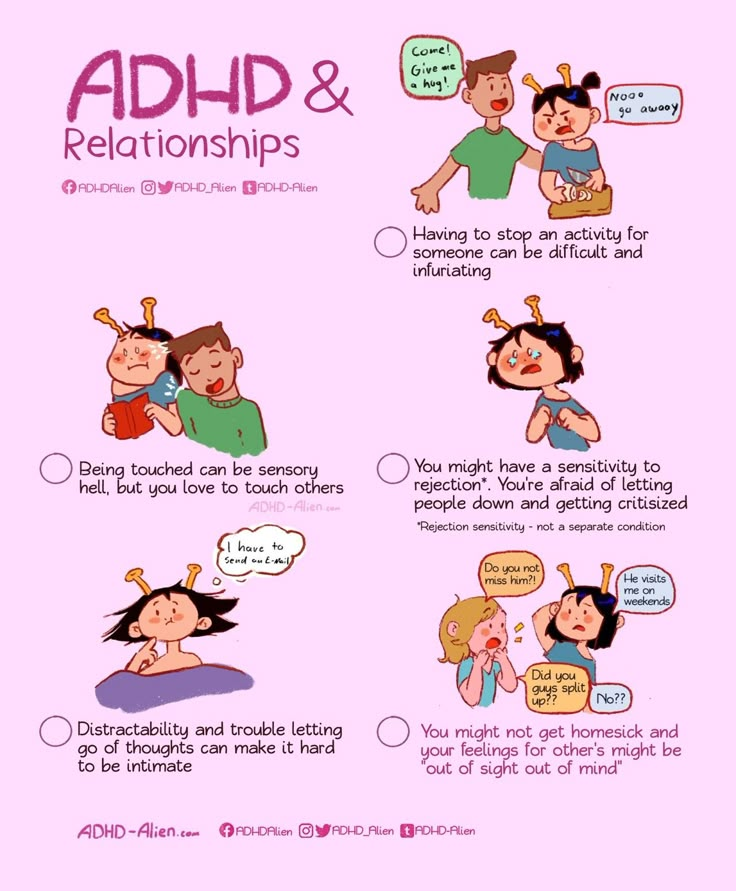 At that time, I received help from specialists and my parents helped me at home, but it was still difficult for me to cope with class work.
At that time, I received help from specialists and my parents helped me at home, but it was still difficult for me to cope with class work.
I was so ashamed of my learning and attention disorders! I remember that I, as a special student, was supposed to have help in the classroom, for example, I was given more time in the exam, but I refused to accept it. In fact, I even tried to finish the exams faster than my classmates, thinking that this would be proof that I was the same as everyone else. nine0003
When I finished elementary school, I was transferred to another school - it was smaller and more suitable for me. The teachers gave me the necessary attention and support. They not only helped me with my lessons, but also ignited my passion for learning. However, this did not relieve me of feeling ashamed of my frustrations. The older I got, the more I noticed how negatively people around me felt about learning disorders. I also became more aware of the difference between myself and other students. nine0003
nine0003
In high school, classmates and friends sometimes told me things like "you're acting especially ADHD today." Some teachers even told my parents that I was slowing down. I don’t know if they wanted to offend me with this or not, but each such comment fell like a stone on my soul and the feeling of shame intensified.
At the same time, I became a very persistent student. It seems that then I finally felt that I had the potential to succeed in school and this motivated me to try hard to get good grades. My efforts paid off and I graduated from school as one of the best students. After that, I entered Emory University. nine0003
In my first year at university, I decided to hide my learning and attention problems. I wanted to be successful without the label of learning disorder. I registered with Emory's Office of Disability Services and used some of the university's services, like a separate class for taking tests, but I hid all this from my classmates.
Living in constant fear of my secret being discovered, I became very withdrawn. The thought that my friends would notice the difference between us during my studies or find out where I took my exams terrified me. It seemed to me that if I spoke about my learning and attention disorders, it would lower me in the eyes of others. I was afraid that because of this I might not be taken to group projects or that I would not be able to find a job. nine0003
Hiding my problems turned out to be more difficult than I thought, and this affected me negatively. I was constantly nervous and afraid that someone would find out. I came up with many reasons ahead of time in case someone asked me why I needed to leave campus during the test.
And one day I was exposed. A friend caught me red-handed when I tried to lie to her about the test. But instead of laughing at me or thinking ill of me, she said that I had nothing to be ashamed of. She was right. I realized that I had allowed myself to be convinced that ADHD and learning disorder were something terrible.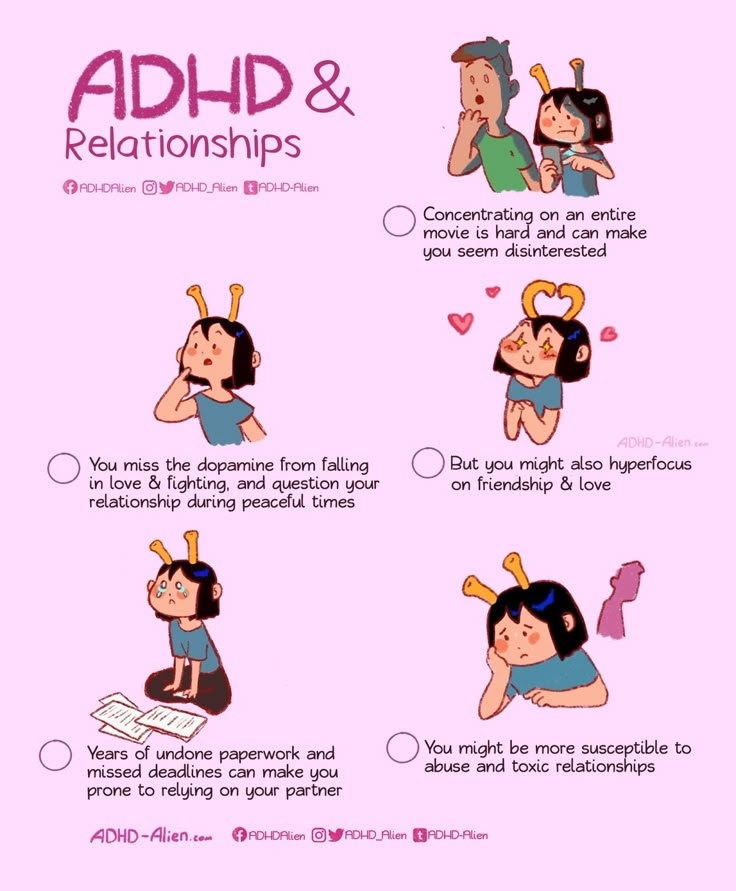 I've soaked up other people's negative comments for so long that I've begun to believe them myself. nine0003
I've soaked up other people's negative comments for so long that I've begun to believe them myself. nine0003
Now I am changing. I used to blame my disorders for all my problems, but now I give them credit because they made me such a diligent and motivated student. I doubt that I would have achieved such success in my studies without them.
By hiding ADHD and learning disorders, you only confirm all the bad things that people around you think. Now I'm proud of myself and can't hide my frustrations, and I hope my story will help change people's perspectives on what it's like to live with ADHD and learning disabilities. nine0003
Source
Some of the most common myths about ADHD
L. Yu. Probably, you do not (or do not yet have) a little fidget, about whom Yunna Moritz wrote in her poem like this:0053 He ate ice cream, cake,
He scratched his horns with his hooves!
He beat the drum with his tail.
We took off the devil's clothes,
We took off the hooves, tail and horns
And we saw that the imp-
Our adorable child!
Is it not true that it is very similar to a hyperactive child: he is fast, and the type of activity changes endlessly, and does not bring anything to the end, and he likes to eat something not very healthy on the go, and there is a problem with putting to bed. And fell asleep - just an angel. Although it happens that he does not sleep very calmly. Maybe it's all about education? nine0003
And fell asleep - just an angel. Although it happens that he does not sleep very calmly. Maybe it's all about education? nine0003
Today, on the Internet, you can find so much information about upbringing, and about this notorious ADHD, that any parent can get confused in it (information, not the web), even those who were assiduous and obedient in childhood. This diversity gives rise exponentially to all sorts of myths, rumors, folk recipes, etc. Back in 2002, it got to the point where the International Consensus on ADHD was published, signed by 84 experts, aimed at countering the misrepresentation of this disorder in the press. nine0003
So what kind of misfortune is this?
ADHD - attention deficit hyperactivity disorder (and) hyperactivity, the main manifestations of which are impulsivity, hypermobility, often (but not always), inattention with complete intellectual preservation.
Let's try to understand everything gradually, based on modern scientific data.
So
Myth 1 .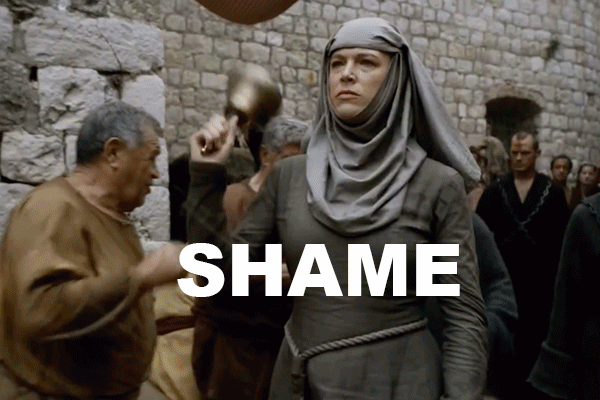 ADHD (Attention Deficit Disorder (and) Hyperactivity) is just such a set of symptoms - behaviors that can often be found in any mobile child. nine0003
ADHD (Attention Deficit Disorder (and) Hyperactivity) is just such a set of symptoms - behaviors that can often be found in any mobile child. nine0003
No. The name doesn't quite accurately reflect the essence. In medicine, a syndrome is a collection of symptoms. The same syndrome can manifest itself in different diseases. And Attention Deficit Disorder (and) hyperactivity is precisely a disease that has a specific code in the ICD-10 (International Classification of Diseases). Accordingly, it cannot be found in any child. The diagnosis can only be made by a doctor - a neurologist or a psychiatrist. And even more so, try not to stick a “label” on your child in advance and tell everyone around you about it: “He’s so hyperactive, sdvgeshnik!” After all, children can be just offended, hearing about their originality from the closest people. In addition, they take many things literally and subconsciously strive to justify the expectations of their parents. nine0003
Myth 2. The doctor, having examined the child, will be convinced of the obvious features of his behavior and will immediately be able to make a diagnosis and prescribe medication.
Not correct. Long-term follow-up is required, sometimes several months; special studies may be ordered, for example, brain EEG, computed tomography, craniography, etc. This is due to the fact that in isolation, "pure" ADHD is quite rare, often this disease is combined with various other mental or neurological disorders of childhood. The main diagnostic method is a clinical interview, that is, a conversation between a doctor and parents; special questionnaires and psychological, neuropsychological diagnostics are also used. Only after establishing an accurate diagnosis and according to individual indications - the appointment of serious drugs. nine0003
Myth 3 . Since this is a disease, it can be cured with pills.
It's not so simple, medicine alone won't help. The problem is multidisciplinary, bio-psycho-social, for its solution it is necessary to involve specialists - psychologists, teachers, speech therapists, teachers, speech pathologists, trainers, etc.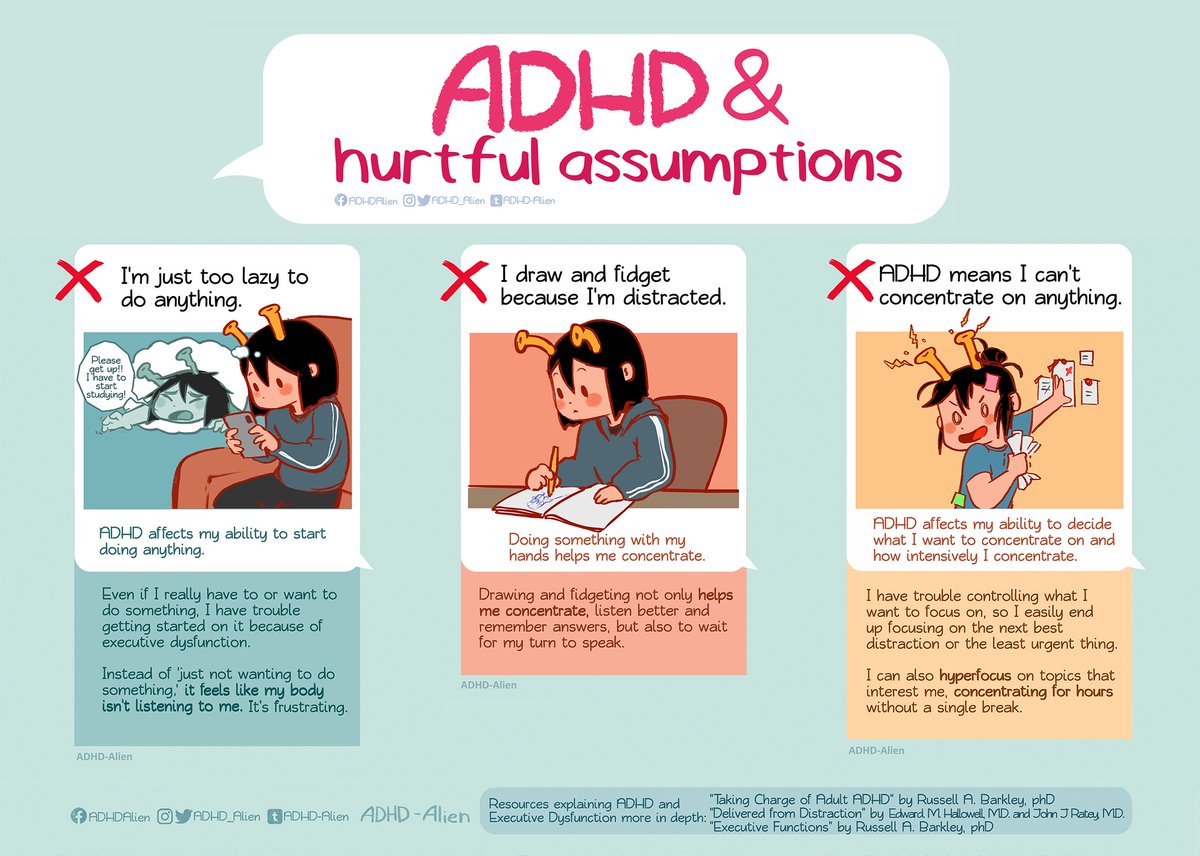 Only comprehensive measures aimed at both biological correction and changing the relationship with the child of the immediate environment, and on the development of his emotional and personal sphere can bring results in the long run. nine0003
Only comprehensive measures aimed at both biological correction and changing the relationship with the child of the immediate environment, and on the development of his emotional and personal sphere can bring results in the long run. nine0003
Myth 4 . ADHD can only be in preschoolers and younger students, they will get older and "everything will pass."
Only partly true. Yes, indeed, an obvious manifestation - hyperactivity decreases over the years, and by the end of adolescence, it practically disappears. But attention deficit, impulsivity, emotional disturbances do not disappear anywhere if they are not corrected from early childhood. Because of this, becoming older, such people are more at risk of accidents, road accidents, becoming addicted to alcohol, drugs, and getting into bad company. They may have conflicts at work, at home, frequent changes of partners, divorces, etc. It's not easy to live next to such a person! nine0003
Myth 5. ADHD is more common in boys.
Yes, that's right. Of the 5-10% of children in the general population (sources vary), there are more boys than girls with this disorder. But girls are more likely to have a less noticeable form of this disease - ADD - Attention Deficit Disorder without Hyperactivity. True, this does not make it easier for them: their behavior is normal, but there can be difficulties with studying.
Myth 6. This disorder is inherited. nine0003
Not exactly. Rather, predisposition to this disorder plays a role. But ADHD is not inherited, and it is not a genetic disorder. Scientific studies have revealed some connection between DAT1 and DRD4 gene polymorphisms, but in general, the genetic theory has not been confirmed.
Myth 7. ADHD is a new, “fashionable” diagnosis that has appeared quite recently and is now given too often.
Partially yes. The name of the diagnosis in the form in which it is now enshrined in the ICD appeared in the early 80s abroad, and in our country this topic began to be actively raised only at the end of 90's.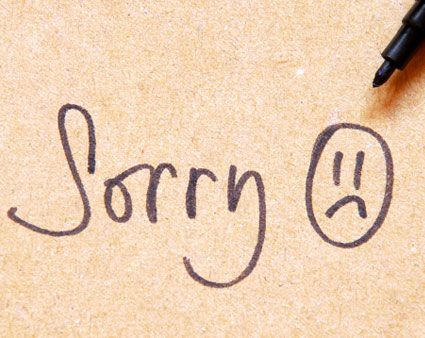 Although the disorder itself has been known since the time of Hippocrates, only the development of medical diagnostics made it possible to distinguish it by the 1970s as a hyperkinetic syndrome. The problem of overdiagnosis (again this prefix
Although the disorder itself has been known since the time of Hippocrates, only the development of medical diagnostics made it possible to distinguish it by the 1970s as a hyperkinetic syndrome. The problem of overdiagnosis (again this prefix
HYPER-!), that is, not always justified and hasty diagnosis (see Myth 2), really exists. After all, there are no clear methods, laboratory studies that allow you to unambiguously draw a conclusion. That is, they are, but in children with ADHD, the results are not much different from the usual ones. Sounded the alarm, who would you think? Of course, foreign medical insurance companies. This diagnosis has become painfully common in recent decades. And treatment and rehabilitation are long and expensive. nine0003
Myth 8. These children are not sick, but simply badly brought up.
No, it's not just about education. ADHD is still a disease. But given this fact, parents need to make great efforts to select special educational and teaching techniques that are suitable for their child and really “work”.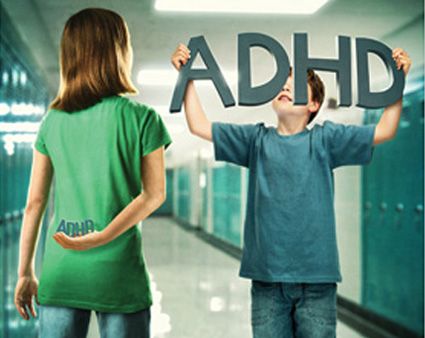 This is a long, painstaking work that does not give an immediate effect.
This is a long, painstaking work that does not give an immediate effect.
It is necessary to understand that parents and school teachers who are faced with this problem often experience unbearably heavy feelings of helplessness, their own failure, guilt, shame, anger, even aggression towards the child. They themselves sometimes need help and support. nine0003
Myth 9 . "They are insensitive, angry, aggressive"
No, of course not. Children greatly experience their failures in games, in communication with peers, in school. They often fight, dare, make a reservation, intervene where they are not asked, they cannot wait for their turn, they do not know how to lose. But all this is not from malice and bad intentions, but because of the imperfection of the emotional and volitional spheres, increased impulsiveness. They need to be taught special techniques for expressing aggressive reactions in socially acceptable ways. nine0003
Myth 10 . Hyperactive children, like the battery in one famous commercial, are hardy and do not feel tired, have less need for sleep.
Hyperactive children, like the battery in one famous commercial, are hardy and do not feel tired, have less need for sleep.
From the outside it may seem so. But this is due to overexcitation of areas of the cerebral cortex, inhibition does not turn on. The child would be glad to stop, but he can’t, the body is already at the limit, but he keeps jumping. Exhaustion of the nervous system gives rise to even more external, sometimes completely meaningless, activity. That is why it is so important to aim children at following a strict daily regimen, getting enough sleep, eating on time, alternating between active and calm activities. nine0003
Myth 11 . Good school performance they did not even dream of.
With the correct organization of the educational process, such children can show all their abilities and do an excellent job with their studies, because their thinking is safe and their intelligence can be very high. Parents need to establish contact with teachers, monitor homework.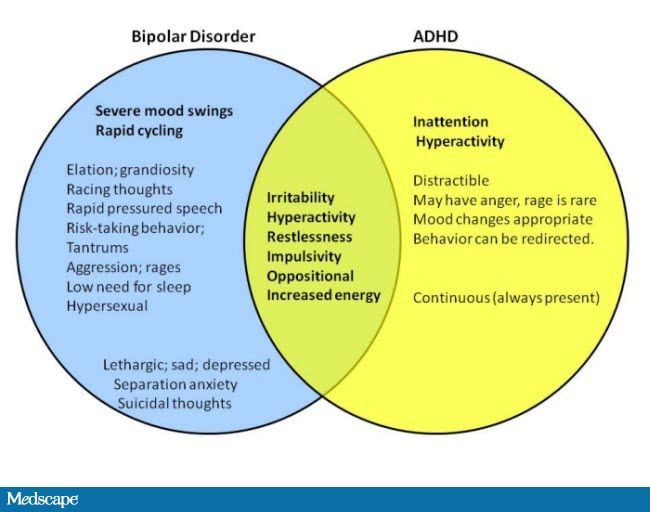 If the child “lost past his ears” a new topic, do not scold, but together with him try to sort it out again. To do this, you can use the fractional supply of material, in small parts, with the required number of repetitions, with the connection of mnemonic techniques. Of course, for parents this is an additional burden, but who promised that raising children is easy? After all, efforts will definitely be rewarded! In any case, it is necessary to develop in the child his strengths and abilities. Together with him, choose an activity where he can be realized. nine0003
If the child “lost past his ears” a new topic, do not scold, but together with him try to sort it out again. To do this, you can use the fractional supply of material, in small parts, with the required number of repetitions, with the connection of mnemonic techniques. Of course, for parents this is an additional burden, but who promised that raising children is easy? After all, efforts will definitely be rewarded! In any case, it is necessary to develop in the child his strengths and abilities. Together with him, choose an activity where he can be realized. nine0003
Myth 12. On the other hand, fidgets have every chance of doing many different things at the same time, like Julius Caesar.
That's doubtful. In principle, a person can process only 3-4 channels of information, most often 1-2. And in people with ADHD, just the selectivity of perception, attention, perseverance suffers. They can quickly switch, they really grab onto different things, but they don’t bring them to the end, they lose interest and purpose.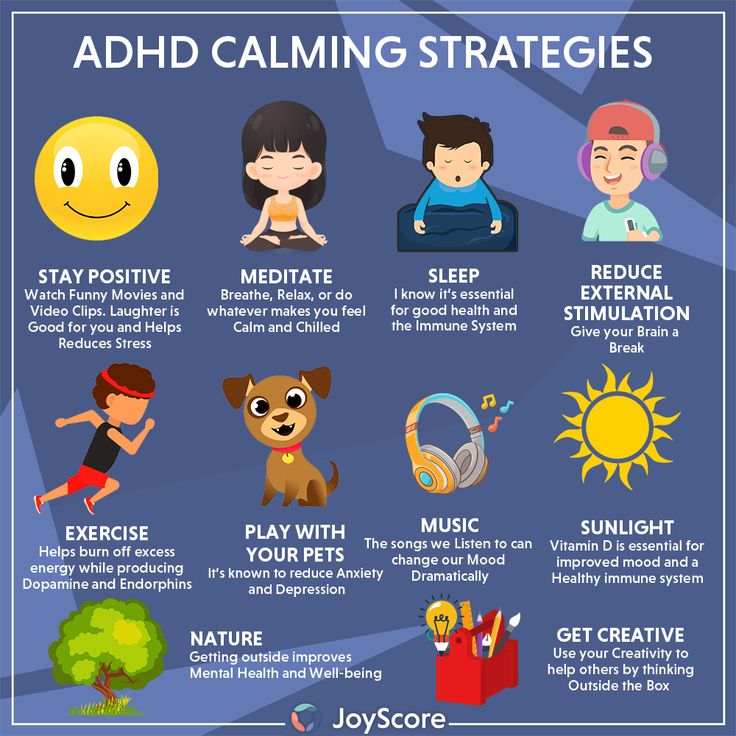 Children need to be oriented towards the consistent execution of simple actions, taught to draw up a work plan, routine, etc. nine0003
Children need to be oriented towards the consistent execution of simple actions, taught to draw up a work plan, routine, etc. nine0003
Myth 13. This is a new generation, “new generation”, with psychic abilities, a special aura of the blue spectrum - “indigo children”.
Generally from the realm of fantasy. The term was first introduced by psychic Nancy Ann Tapp, as well as American psychologists Lee Carroll and Jan Tober. In the book "Indigo Children" they talk about a "new race" of people who process information in a different way, who do not tolerate authorities, who go against dogma and established rules. Possessing telepathic abilities, they will allegedly bring humanity to a new level of development. Tempting idea. nine0003
Myth 14. “All the troubles with behavior are due to the fact that today's children eat a lot of all kinds of “nasty things” - sweets, drinks, chips with a lot of harmful dyes, preservatives.
The hypothesis that some chemical additives, especially bright dyes, lead to a deterioration in the behavior of children due to specific food allergies has not been fully confirmed.

